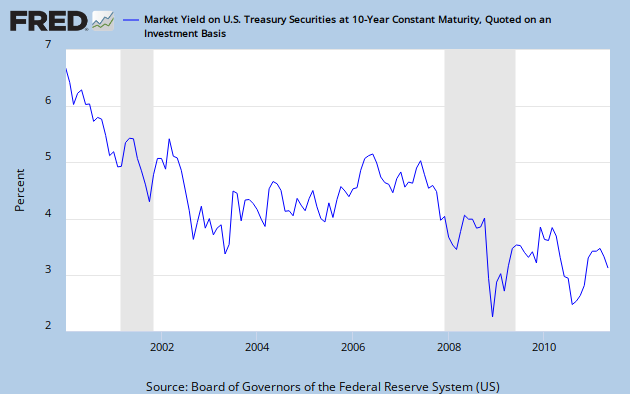SteveL
Recycles dryer sheets
- Joined
- Aug 1, 2005
- Messages
- 380
This conversation reminds me of the oft heard comment that you cannot make things foolproof because fools are so ingenious.
People who have a saver/investor mentality will do ok with just about any set of circumstances. People who have the spender mentality will always end up at the end of the day with not much to show.
Unfortunately, the former always end up paying to support the latter when these folks are broke.
Please forgive my generalizing....
People who have a saver/investor mentality will do ok with just about any set of circumstances. People who have the spender mentality will always end up at the end of the day with not much to show.
Unfortunately, the former always end up paying to support the latter when these folks are broke.
Please forgive my generalizing....

